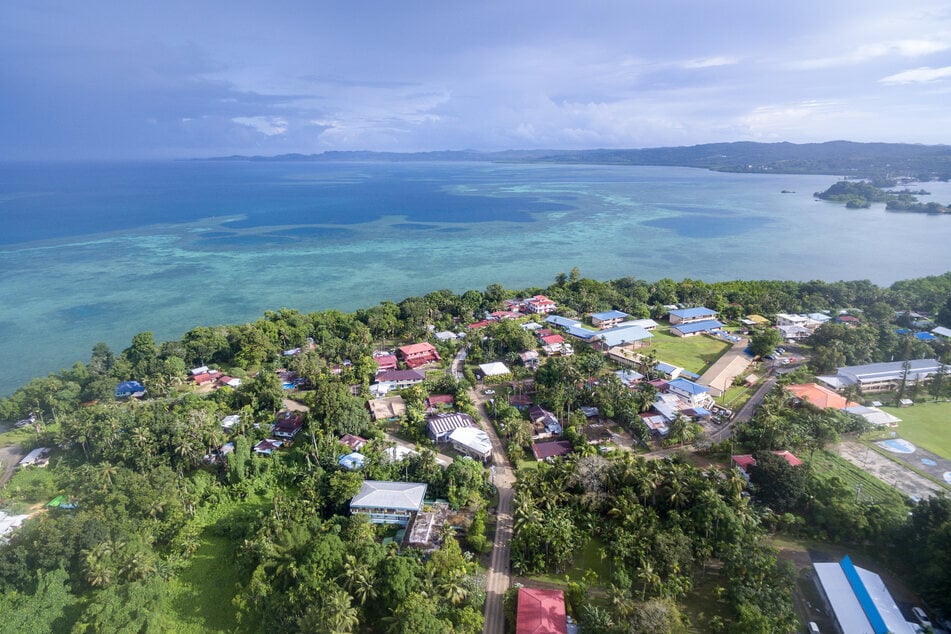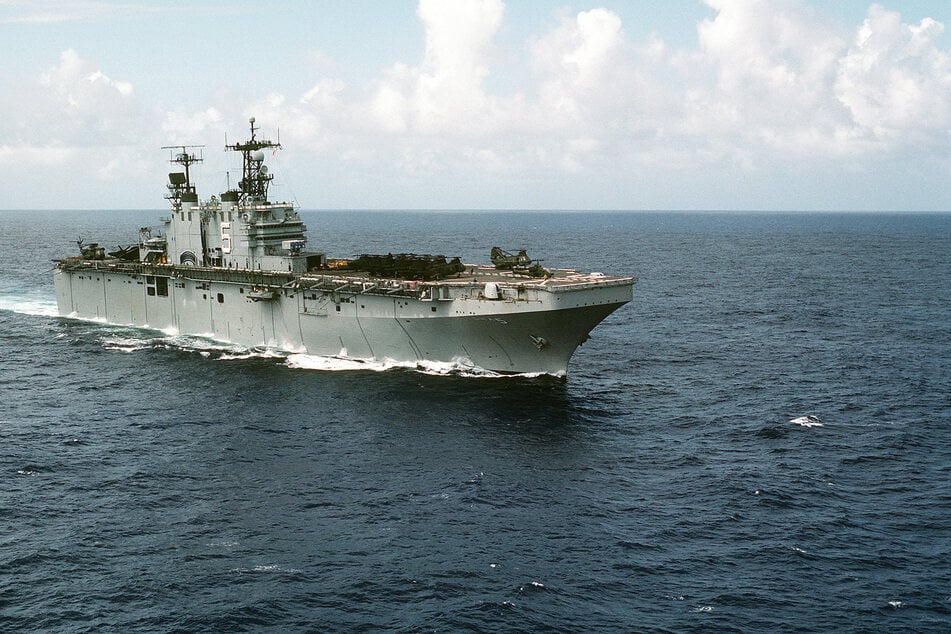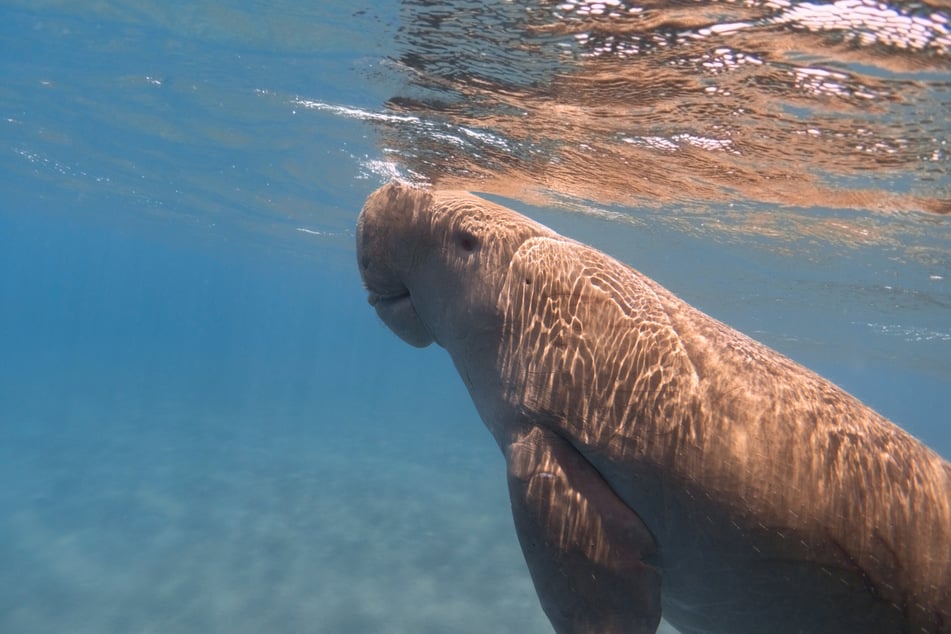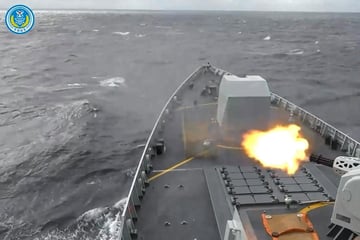Palau youth lay out harmful impacts of US militarization in landmark human rights complaint
Hagåtña, Guam - The Indigenous people of the Republic of Palau are stepping up their fight against US militarization of their island country with a new human rights complaint.

Guam-based Blue Ocean Law, backed by the Center for Constitutional Rights, filed the submission with the UN Special Rapporteur on Indigenous Peoples and the UN Special Rapporteur on the human right to a clean, healthy, and sustainable environment, on behalf of the grassroots Ebiil Society and seven Palauan high school students.
Palau (also known as Belau in the Indigenous language) is a state consisting of around 340 islands in the Micronesia subregion of Oceania.
Spain first colonized Palau in 1885 before selling Micronesia to Germany after the Spanish-American War. Japan captured the islands during World War I, and they were then seized by the US during World War II.
After decades of American administration, Palau gained its independence in 1994 when a compact of free association with the US came into effect – but not without severe limitations to Palauan sovereignty.
The compact granted the US the "full authority and responsibility for security or defense matters in or relating to Palau" and to "conduct within the lands, water and airspace of Palau the activities and operations necessary for the exercise of its authority and responsibility."
It also gave the US the authority to designate and operate military sites in Palau, so long as they comply with environmental laws.
Continued US militarization of Palau

Increased American hostility towards China has come with a boosted military presence in Palau, where the US has invoked its supposed right to build and operate military sites on the islands.
The US military has established six such sites so far:
- on Kayangel Atoll
- on the main island of Babeldoab
- on Peleliu Island
- on Angaur Island
- in Hatohobei State on Helen Reef
- on Hatohobei Island
Palauan advocates are worried that continued US militarization could place a target on the Indigenous population and their homeland.
"I fear that our small island and our people may be used as a war shield. Definitely can make one feel insignificant and disposable, but that is not us," Ebiil Society’s founder Ann Singeo said in a press release.
Vowing to resist US interference, she continued: "Women of Palau historically fought hard for this land and her people, by defending our values. We are the descendants of these strong women."
Palauan students document environmental harms

Over the last year, seven Palauan students, ages 14-18, traveled to all six sites to speak with local communities about the impacts of this escalated militarization.
This week's filing notes that US activities are creating significant environmental damage, including threatening an important feeding ground for the Mesekiu, a critically endangered Palauan dugong.
"We are worried that militarization will impact these ecosystems and harm our Mesekiu," the students said. "The Mesekiu is not only an endangered species of great specialness globally, it also plays an important part in our culture. The first Mesekiu was a woman, and so Mesekiu are members of our family."
The US is required to comply with Palau's environmental laws and obtain free, prior, and informed consent from Indigenous communities before embarking on any military projects.
But the complaint says that residents near each of the six sites were neither informed about how the US would use their lands, nor able to provide or withhold consent, as mandated under international law.
"Belau is Our Home. Belau is Our Mother. It saddens us to see our environment being destroyed just for the use of a foreign power," the students insisted.
"As youth, we are the ones who will feel the consequences of the choices made today. That is why we feel that our voices should be heard in making these decisions."
Cover photo: IMAGO / Pond5 Images

